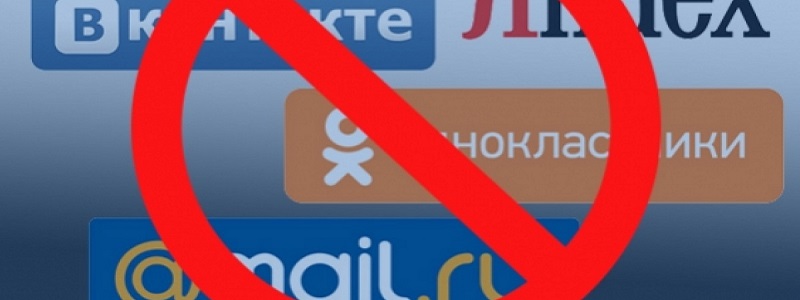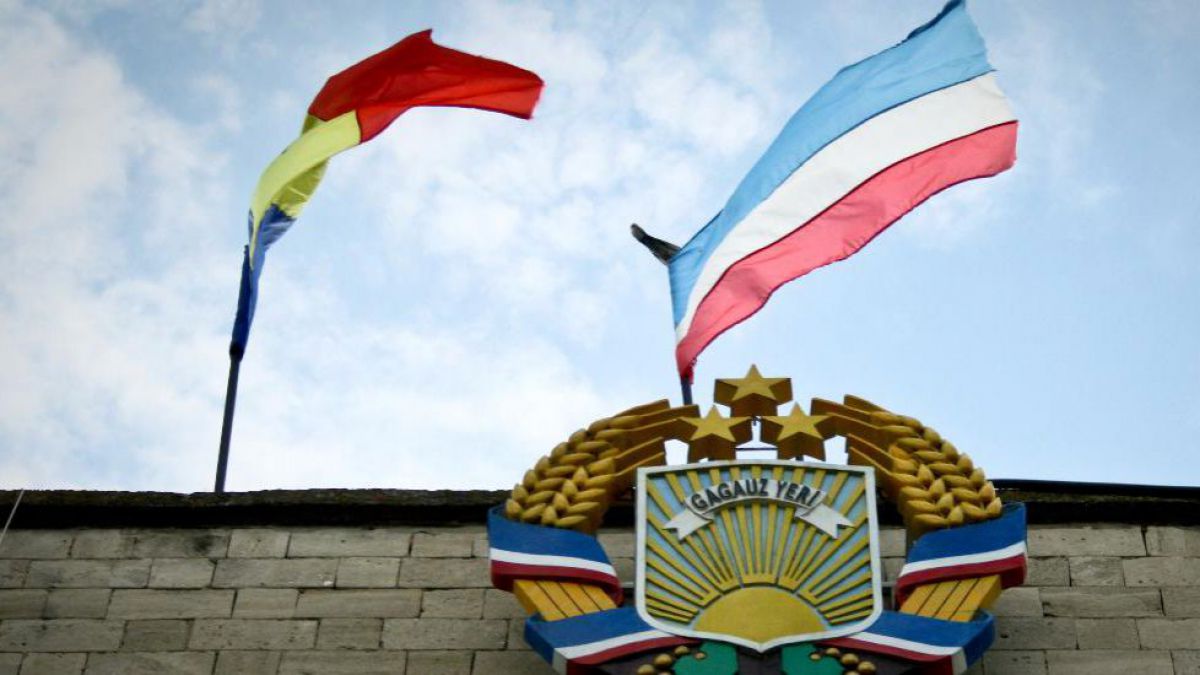Moscow and Western officials and commentators have sharply criticized Kyiv’s decision to block access to Russian social media, a decision they say Ukraine can’t enforce and represents the latest violation of freedom of speech by the Ukrainian authorities.
There is no question that Kyiv will have a hard time enforcing this ban: there are many workarounds and Russian Internet outlets are already describing some of them; and it is also regrettable that the Ukrainian government feels compelled to take an action which can be plausibly described as a restriction on media freedom.
But those condemning Ukraine for this have failed to put its actions into context.
On the one hand, Russian propaganda has played a larger role in Ukraine than in any other former non-Russian Soviet republic because there are so many Russian speakers living in that country. Kyiv has a right to be worried about any channels that Moscow can and does use to destabilize things.
And on the other, Russia has invaded Ukraine, and social networks are a communications network that updates the use of letters and telephone calls. In the past, no one would have expected a government whose territory was invaded by another to allow its citizens unrestricted telephone and epistolary communications with citizens of the enemy country.
These points are made by Moscow commentator Aleksandr Khots in an article today on the Kasparov.ru portal, and they deserve to be taken seriously because all too many of those condemning Kyiv’s actions ignore the context in which the Ukrainian authorities are taking them.
“In the 1940s,” Khots begins, “there was no Internet but there was both a postal system and telephones. In prilnciple, given a desire on the part of the combatants to preserve ‘full communication’ among people,” just think how many Soviet and German citizens might have made use of that – and what would have happened to them if they did.
Kyiv’s action is unlikely to be completely successful, Khots continues, but the important issue is why it took this action in the first place. What has happened is that “the Ukrainian side has made yet another symbolic side toward the breaking off of ‘cultural ties’ and of “a single ‘cultural space,’” something that is impossible “between an attacker and his victim.”
Individual Ukrainians still have the opportunity to maintain ties with Russians, if they want to. “But Ukraine as a state and country does not want to have to these private links with the enemy any relationship. Sberbank, Russian television, the Russian press, and Russian Internet resources are alien.”
What is really strange is not that Ukraine should find this to be the case given that it is the victim of aggression. Rather is it that so many people in Russia and the West act as if what Ukraine has done is somehow criminal.
That will be only a first step given what Russian forces have done and are doing, but until it is made, no one should take Russian complaints about what Kyiv has done seriously. They are what any self-respecting victim of aggression would take – and quite likely far earlier than Ukraine has done.
Related:
- Self-defense or a blow to democracy? Pro et contra arguments to Ukraine’s ban of Russian Internet companies
- Inside the Kremlin’s media machine
- European security experts call upon EU to triple defense against Russian propaganda
- Russia’s media war against Ukraine in the emails of Putin’s aide #SurkovLeaks
- How Russian state media misinformed the audience on the escalation in Avdiivka
- Moscow media have launched an anti-Belarus campaign, Warsaw’s EAST Center says
- Komsomolskaya Pravda, Russia Today – leading outlets for anti-Semitic and anti-Israel propaganda, Israeli researchers say
- A Russian propaganda site incites breaking up Baltic countries





